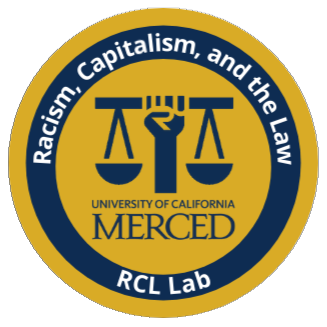Publications by Year: 2007
2007
This paper examines the relationship between globalization and immigration, and makes the case that current foreign policies and immigration regulations in the United States and France result in the violation of the human rights of migrants. In the United States, the House and Senate proposals presented in 2005 and 2006 to stem the tide of immigrants and thereby fix the immigration "problem" either criminalize undocumented workers or transform them into temporary workers. In France, the "selected immigration" bill introduced by Interior Minister Nicolas Sarkozy, and passed in 2006, makes it easier for skilled workers to enter and remain in France and harder for less skilled workers to do so. These proposals and bills fail to see immigrants as human beings with dignity and fundamental rights to a livelihood, a family, and a community, and fail to take into account the receiving countries" complicity in producing emigration. Designed to maximize profits for corporations, and minimize the prices of consumer goods for customers in the Global North, these policies and regulations have a high human cost. This paper explains how temporary worker programs are designed to extract labor from immigrants while preventing them from becoming full and equal members of the communities in which they work and live, and how the criminalization of undocumented immigrants transforms migrants into second-class citizens. From a human rights perspective, all human beings should have the right to food security, to decent health care, to safe working conditions, to an education, to a family, to their cultural identity, and to fight and organize for their rights. Temporary worker programs that permit workers to come to a country only to work for low wages and no benefits, and do not permit them to bring their families, to send their children to school, and to form communities are a violation of these workers" human rights.

